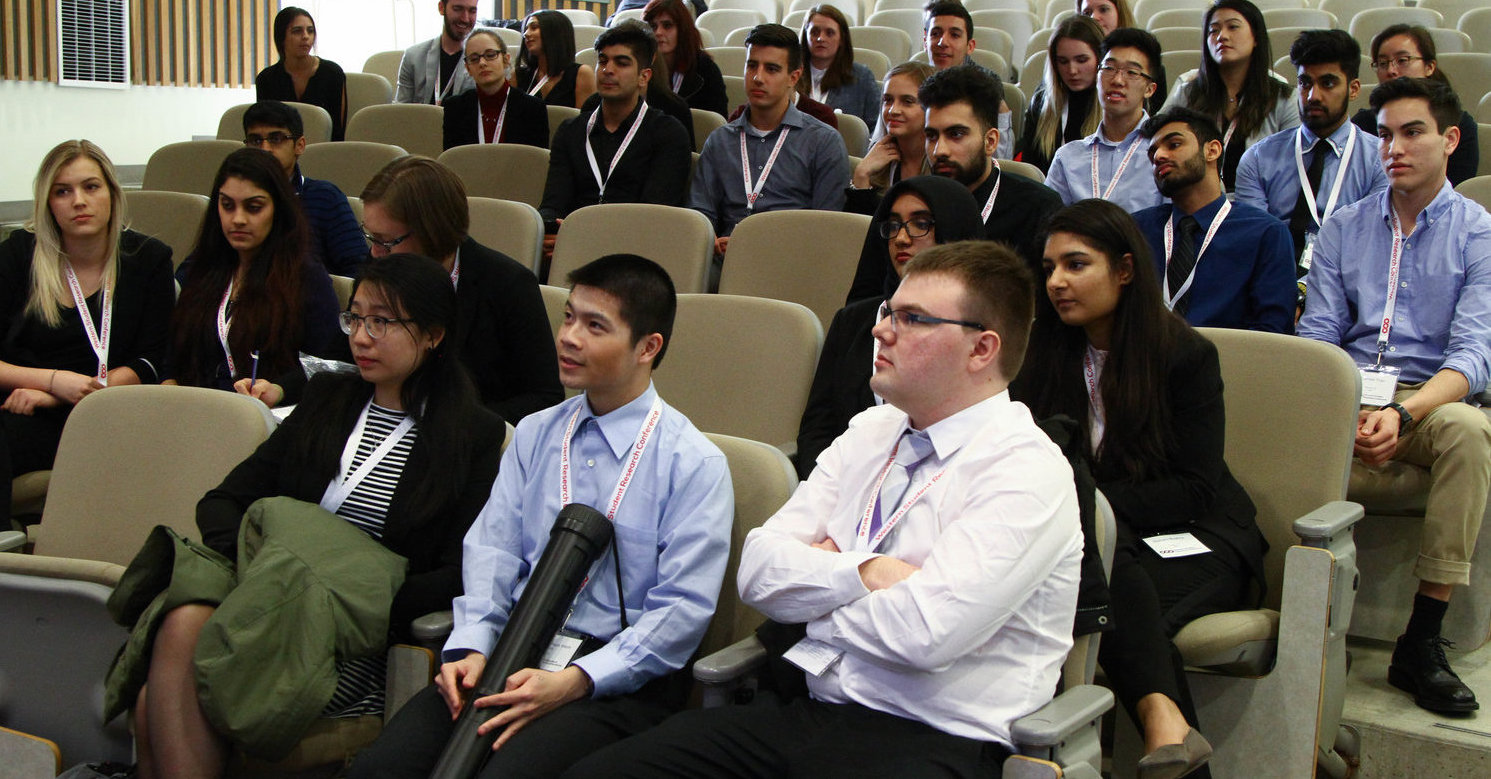Investigating p53-mediated astrocyte activation and its effects on neuron survival
Abstract
In the nervous system, there are two main cell groups: neurons and glial cells. Neurons carry out neurological function, whereas glial cells provide support for the neurons. Astrocytes are a type of glial cell that provide nutrients for neurons. However, in certain disease states, astrocytes become activated. In this activated state, they secrete factors that can cause neurons death. This can contribute to neurodegenerative diseases such as Parkinson’s disease and ALS. P53 is a gene that has previously been shown to have increased expression in activated astrocytes in ALS patients. This project investigates whether p53 expression in astrocytes induces astrocyte activation and if these activated astrocytes promote neuron death. The first objective of the project is to determine whether p53 induction leads to astrocyte activation. To induce astrocyte p53 expression, astrocytes will be treated with bleomycin. This is known to induce p53 expression in cells. To confirm if induced p53 expression activates the astrocytes, we will confirm the presence of LCN2, an activated astrocyte marker. The next objective is to determine if the p53 induced activated astrocytes promote neuron death. This will be done by exposing neurons to conditioned media from the p53 induced activated astrocyte culture. It is expected that p53 expression will activate astrocytes, thus there will be high expression of LCN2. It is also expected that the conditioned media will kill more neurons than controls. These expected results can help expand knowledge of mechanism of neurodegenerative diseases and suggest that p53 may be a therapeutic target.
Presentation Type
Oral Presentation
Investigating p53-mediated astrocyte activation and its effects on neuron survival
In the nervous system, there are two main cell groups: neurons and glial cells. Neurons carry out neurological function, whereas glial cells provide support for the neurons. Astrocytes are a type of glial cell that provide nutrients for neurons. However, in certain disease states, astrocytes become activated. In this activated state, they secrete factors that can cause neurons death. This can contribute to neurodegenerative diseases such as Parkinson’s disease and ALS. P53 is a gene that has previously been shown to have increased expression in activated astrocytes in ALS patients. This project investigates whether p53 expression in astrocytes induces astrocyte activation and if these activated astrocytes promote neuron death. The first objective of the project is to determine whether p53 induction leads to astrocyte activation. To induce astrocyte p53 expression, astrocytes will be treated with bleomycin. This is known to induce p53 expression in cells. To confirm if induced p53 expression activates the astrocytes, we will confirm the presence of LCN2, an activated astrocyte marker. The next objective is to determine if the p53 induced activated astrocytes promote neuron death. This will be done by exposing neurons to conditioned media from the p53 induced activated astrocyte culture. It is expected that p53 expression will activate astrocytes, thus there will be high expression of LCN2. It is also expected that the conditioned media will kill more neurons than controls. These expected results can help expand knowledge of mechanism of neurodegenerative diseases and suggest that p53 may be a therapeutic target.



